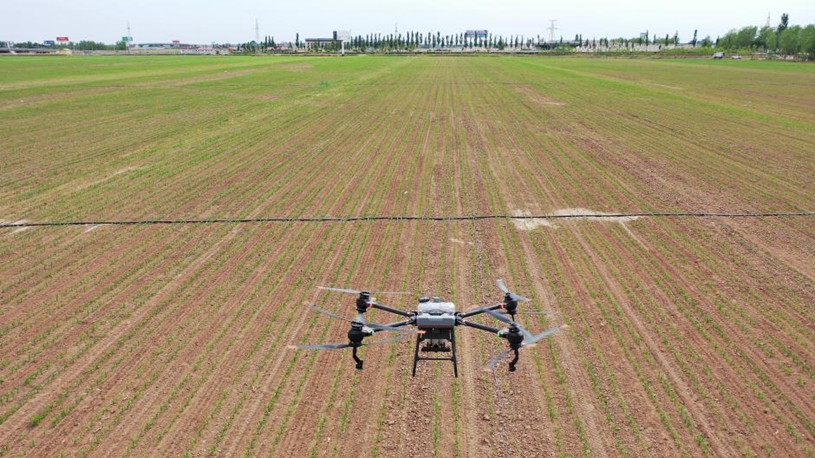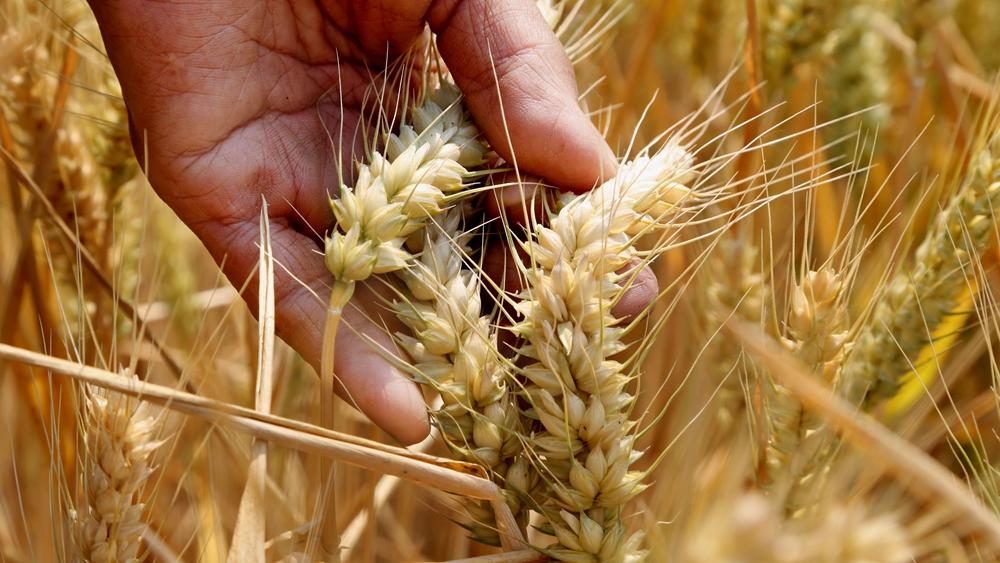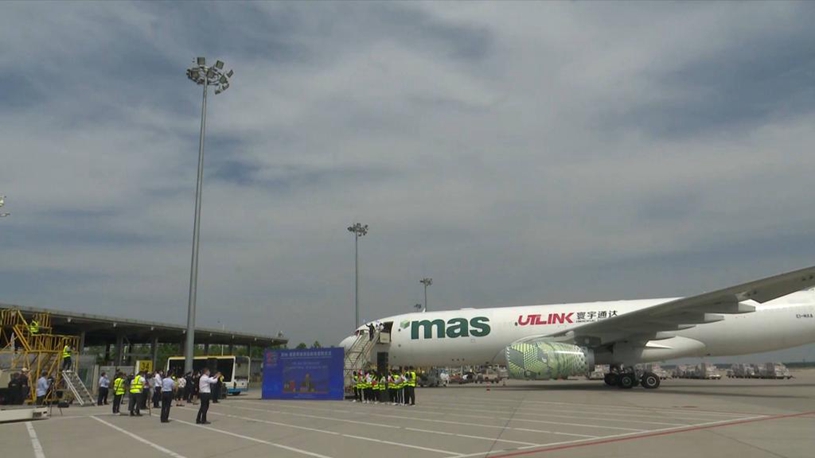After a day of business slump, Afghan shopkeeper Mohammad Zubair was taking the last opportunity to tout cooking oil to sparse shoppers at the top of his voice in his grain shop before the sunset.
For Zubair, 28, the recent sharp increase in cooking oil, rice and flour prices caused by the Ukraine crisis has dimmed his dream of riches.
"The price of cooking oil has risen from five U.S. dollars per can to six dollars over the past two months," Zubair said. "The situation in Ukraine has affected my business of cooking oil."
In accordance with a joint news release by the Food and Agriculture Organization of the United Nations (FAO) and the United Nations World Food Programme (WFP), Ukraine crisis "continues to put pressure on Afghanistan's wheat supply, food commodities, agricultural inputs and fuel prices."
Taj Mohammad Talash, a professor from Ashna Private University in Kabul, said that the situation in Ukraine has affected the daily life of the Afghan people.
"Ukraine and Russia always export their goods to Kazakhstan, Azerbaijan, Turkmenistan and Uzbekistan, and then the goods are exported to Afghanistan," Talash said. "Between 2018 and 2019, Afghanistan imported goods from the said countries worth 10 to 15 million U.S. dollars."
Echoing Talash, another grain shopkeeper Ahmad Shah Ahmadi said that his business had been greatly affected by the increasing price due to the Ukraine crisis.
"There were once several traders importing Ukrainian goods to Afghanistan," Ahmadi said. "Now that is over."
Apart from the Ukraine crisis, the triple whammy of war and U.S. sanctions. among others, have also left the unsettled country reeling.
After the military withdrawal from Afghanistan, the United States slapped sanctions on Afghanistan and frozen over 9 billion U.S. dollars of its assets in the U.S. banks.
Lamenting the price hike, Sayed Mohammad said in sigh that a bag of rice costs 3,000 afghani (about 34 U.S. dollars), complaining that he "can only afford 7 kg rice and a little bit of cooking oil in a month" for his family of six.
"My son used to go to school but now we have financial problems and that is why my son has begun selling icecream on the streets and I am now working in a bakery," 35-year-old Mohammad added.
An estimated 22.8 million people, more than half the country's population, in Afghanistan are expected to face potentially life-threatening levels of food insecurity, according to an analysis by the WFP and FAO.
On May 19, the Taliban-led Afghan caretaker government banned wheat exports in a move to ensure food security and prevent a shortage of wheat, but the rising trend of food prices in Afghanistan has not been eased.
"My earnest desire is to go to school, get education and become a medical doctor in the future, but poverty has forced me to work on the streets to support my family," said Alyas, son of Mohammad.
Produced by Xinhua Global Service













